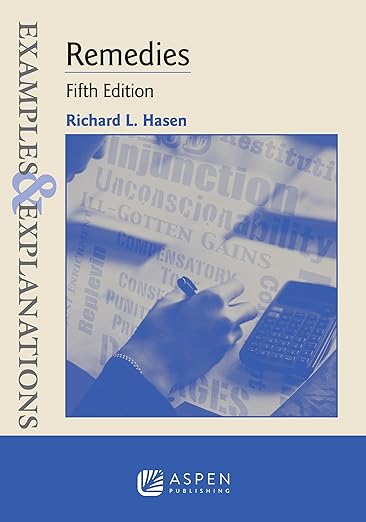There’s a great new student note at the intersection of election law and remedies, authored by Delaney Herndon, in the Harvard Law Review. Here is the abstract:
Today, voting rights plaintiffs largely seek injunctive relief.1 This wasn’t always the case. For most of the nation’s history, the standard remedy for a voting wrong2 was damages.3 In the usual case, an election official would (mistakenly or intentionally) deny a voter’s ballot or registration, and the voter would bring a damages action after the fact.4 This remedial structure persisted well into the twentieth century. But beginning in the 1950s and 1960s, injunctive relief became far more common.
This Note asks why that change happened and argues that the secondary effect of this injunction-heavy system, coupled with the slow dismantling of the Voting Rights Act of 19655 (VRA), has been to underdeter voting wrongs. First, it traces the adoption of the action for damages, first in the states and then in federal courts. Next, it follows the rise of injunctive relief in the second half of the twentieth century. It argues that injunctive relief displaced damages because injunctions offered a more efficient remedy that allowed voting rights groups to prevent voting wrongs. The move to injunctions also followed broader trends in public law, as injunctions became the preferred form of relief in suits against officers. But today’s injunction-heavy system tends to underdeter voting wrongs because of limits on the scope of injunctive relief and mismatched compliance incentives for parties subject to injunctions. Finally, this Note considers what can be done to reduce the existing remedial gap.
I’ve been spending some time on the common law tort for denial of the right to vote and found this note so helpful.
